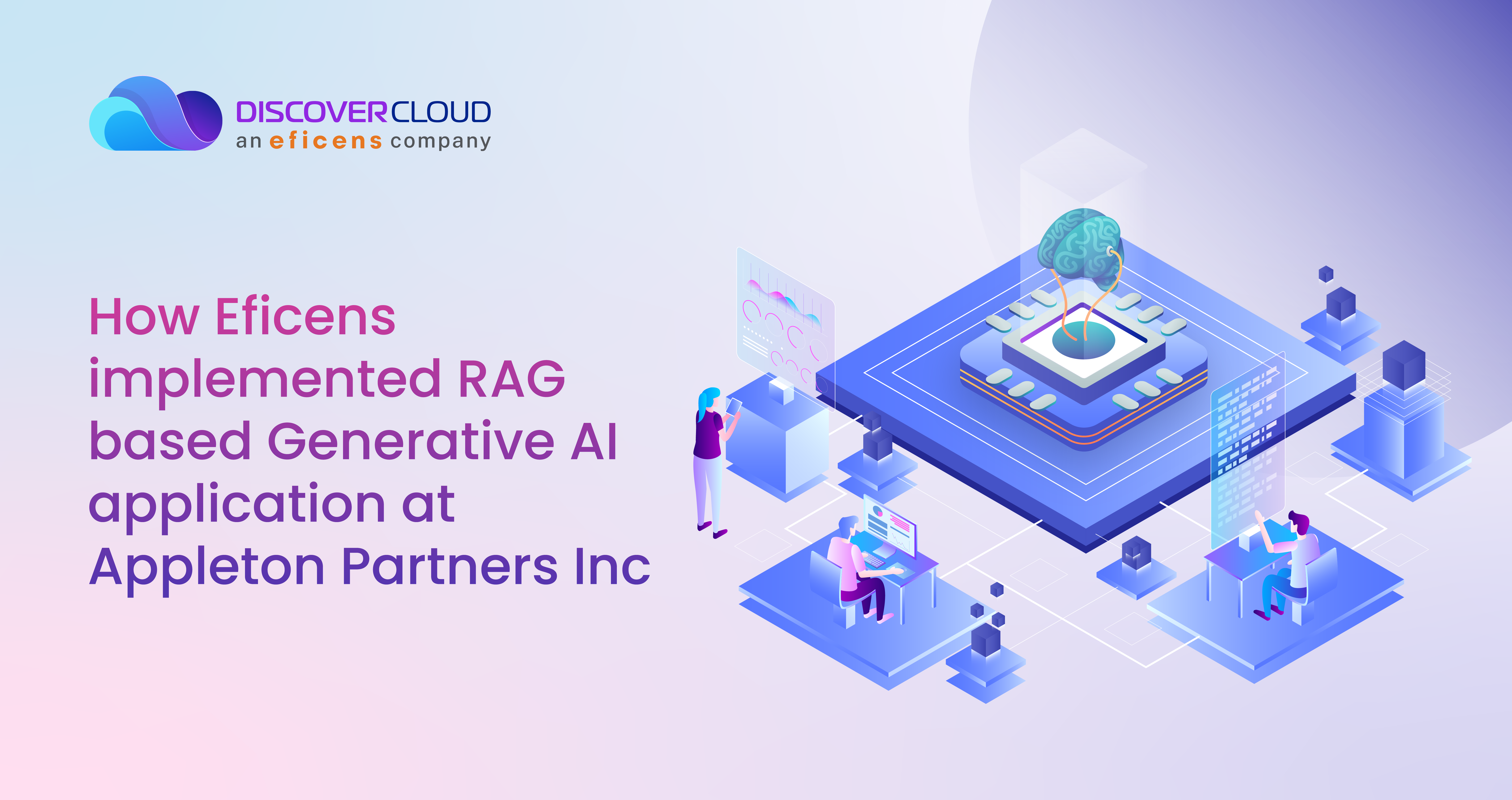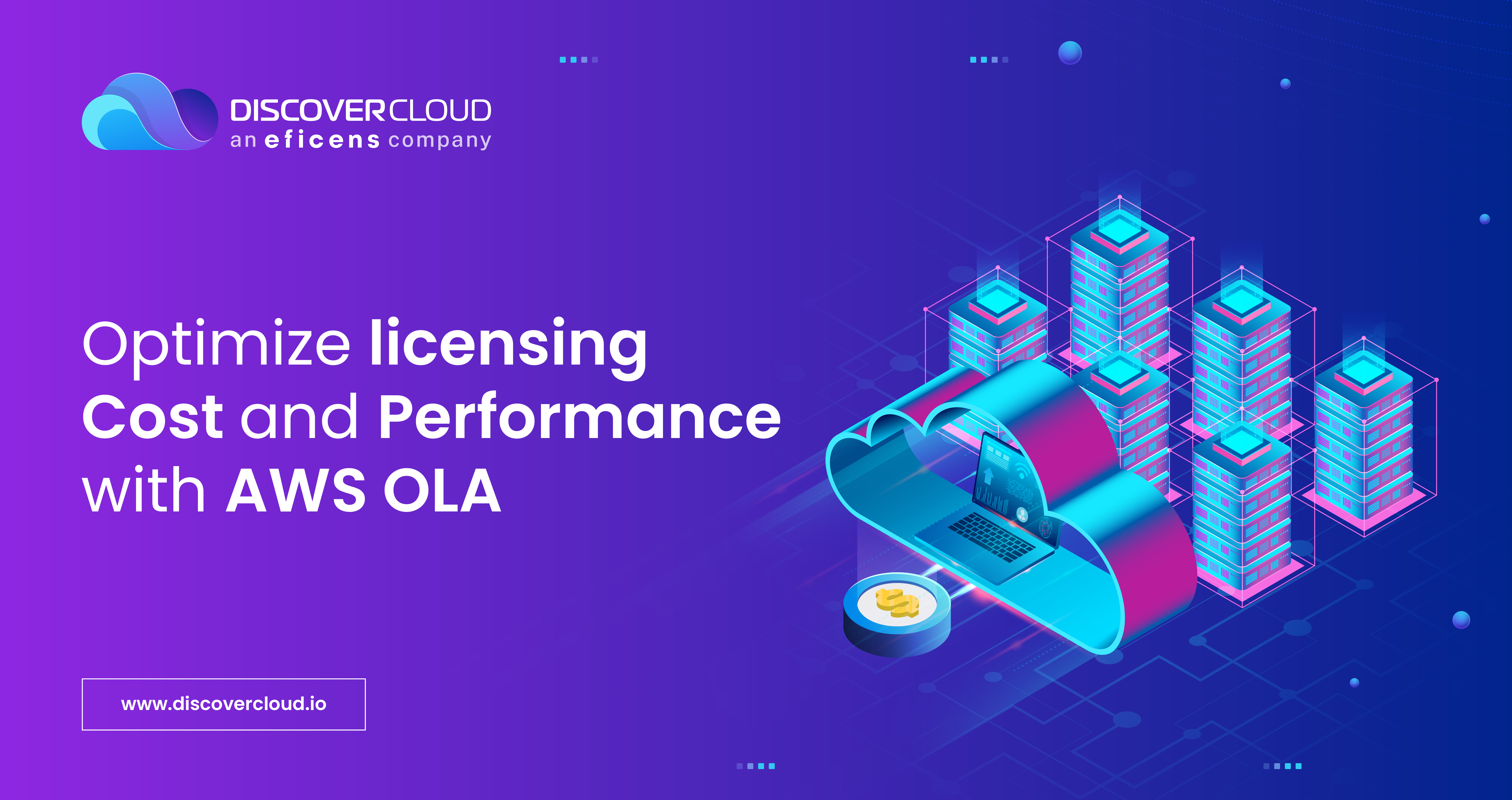Cloud computing has become a cornerstone in how you, as a business leader, access and manage technological resources. Imagine you’re at the helm of your business’s digital transformation. You face decisions that could significantly impact your operational efficiency, scalability, and cost management. This is where cloud computing comes into play – offering solutions like servers, storage, databases, networking, and software, all accessible over the Internet without the need for direct, active management.
Understanding cloud deployment is key in this landscape. With Gartner analysts’ predictions indicating that more than 85% of organizations will adopt a cloud-first approach by 2025, it’s essential for you to know the different types of cloud deployments. Whether it’s the security of a private cloud, the accessibility of a public cloud, the versatility of a hybrid cloud, or the broad scope of a multi-cloud strategy, each type has unique benefits that could align with your business needs. Our guide aims to walk you through these options, helping you discern the right cloud path for your business.
What are the Different Types of Cloud Deployments, and Why Does it Matter?

Cloud deployments come in various forms, each with its unique features and benefits. Understanding these differences is vital to determining the most suitable approach for your business’s specific needs. Whether it’s the exclusive control and security of a private cloud, the broad accessibility and resource-rich nature of a public cloud, the best-of-both-worlds approach of a hybrid cloud, or the diversified strategy of a multi-cloud deployment, each model offers distinct advantages.
Choosing the right deployment model is crucial for optimizing business operations and aligning with strategic goals in cloud management. The decision on the deployment model significantly influences factors such as cost, scalability, control, security, and compliance.
Leveraging DiscoverCloud’s expertise in cloud-managed services and solutions, you can navigate these options with confidence, ensuring your cloud strategy is not just a choice but a catalyst for growth and efficiency. In the following sections, we delve into each type of cloud deployment, unraveling their individual characteristics and discussing how they can empower your business.
Single/ Private Cloud Deployment
Private cloud deployment is a model where an organization’s infrastructure and applications are hosted within its own data center, either on-premises or in a co-location facility. The single cloud deployment model is characterized by its single-tenant nature, where the cloud architecture and infrastructure serve one organization, though it may support multiple departments within it. It combines traditional IT infrastructure with cloud computing features like elasticity and self-service but with the exclusivity and control of a private environment.
While private clouds offer complete control over the cloud architecture and enhanced security, they come with challenges like higher costs and complexity in implementation, especially when adding advanced cloud features. This makes them suitable for industries where data control and security are paramount, but they require careful consideration of the investment in resources and expertise.
For businesses considering a private cloud deployment, DiscoverCloud’s portal offers insights and accelerators like Traverse for tailored cloud migration strategies and Trekora for cost-saving recommendations. Additionally, our expertise in cloud-managed services ensures a seamless and optimized private cloud experience.
Public Cloud Deployment
Public cloud computing, typically the most recognized model, involves IT services hosted by a third-party provider and accessible over the Internet. This multi-tenant environment, exemplified by major providers like AWS, Microsoft Azure, and Google Cloud Platform, offers businesses a flexible and cost-effective solution. The model’s ‘pay-as-you-go’ pricing structure allows for affordability and scalability without the capital expenses associated with hardware and staffing.
Despite its benefits, public clouds also present some limitations. The lack of ownership over the infrastructure means users must adapt to changes implemented by the provider. Additionally, the shared resource environment imposes usage caps, potentially impacting businesses with intensive or fluctuating demands.
DiscoverCloud, with its expertise in cloud-managed services and proprietary accelerators like Trekora for cost optimization, assists businesses in effectively navigating the public cloud landscape. Our guidance ensures that companies not only leverage the advantages of public clouds but also mitigate its constraints for maximized business outcomes.
Hybrid Cloud Deployment
Hybrid cloud deployment is a versatile cloud computing model that combines on-premises, private cloud, and public cloud services, offering a balanced solution for businesses with diverse needs. The hybrid model is particularly prevalent among larger organizations, where a single cloud deployment model might not suffice for all workloads. For example, an organization might keep sensitive data on-premises or in a private cloud for compliance while deploying web services in the public cloud to benefit from its elasticity and global reach.
The hybrid model excels in scenarios like cloud bursting, where an organization primarily uses on-premises or private cloud resources but expands into the public cloud during periods of high demand. This approach leverages the security and control of private clouds with the scalability and resource availability of public clouds. While hybrid clouds offer a blend of benefits from both private and public models, they can be more complex to manage and may not suit every business’s needs.
For organizations exploring the hybrid cloud model, DiscoverCloud provides expert guidance and tools like SAP Assist for efficient cloud migrations and cloud-managed services. Our comprehensive services ensure that businesses can effectively harness the hybrid cloud’s flexibility while managing its complexity, aligning the deployment strategy with their unique operational requirements.
Multi-Cloud Deployment
Multi-cloud deployment has emerged as a strategic approach in the IT landscape, where organizations simultaneously utilize services from multiple cloud providers. The multi-cloud model is distinct from hybrid cloud in that it involves using multiple public clouds and possibly private clouds, but not necessarily in an integrated manner. For example, a business might use Microsoft Azure IaaS for certain workloads and Amazon EC2 for others, each chosen for its specific strengths and offerings.
The multi-cloud strategy offers several benefits, including reduced reliance on a single vendor, cost efficiencies, increased flexibility, and adherence to local policies requiring data to be stored regionally. It allows businesses to tailor their cloud environment to their specific needs, choosing the best vendor for each service based on factors like pricing, contract flexibility, and specific features.
DiscoverCloud offers strategic insights and tools through its unique portals and accelerators like SAP Assist and Trekora. These resources empower businesses to navigate the complexities of a multi-cloud environment efficiently, ensuring optimal use of each cloud service while maintaining cost-effectiveness and operational coherence. DiscoverCloud’s expertise in managing diverse cloud environments enables businesses to embrace the cloud-managed services approach confidently, maximizing the benefits while minimizing the challenges.
Here’s How DiscoverCloud Can Help You Find the Best Fit
Choosing the right cloud deployment is crucial in today’s digital landscape, and DiscoverCloud is uniquely positioned to guide businesses through this decision-making process. As a leading cloud technology solutions provider based out of Georgia, DiscoverCloud offers specialized services and tools designed to streamline your cloud journey.
Proprietary Accelerators
Access to a free online portal with exclusive accelerators for immediate cloud insights.
- SAPAssist– Simplifies and supports SAP migrations to the cloud.
- Traverse– Aids in detailed workload discovery and visualization, particularly for AWS Cloud deployments.
- Trekora– Focuses on cloud cost optimization and financial operations, essential for FinOps.
Expert Managed Services
Beyond these accelerators, DiscoverCloud offers expert cloud-managed services to help leverage these insights effectively, covering:
- Cloud Computing
- Cloud Architecture Analysis
- Strategic Workload Planning
- Comprehensive Coverage in CloudOps, DevOps, FinOps, SecOps, and DBOps
Tailored Solutions
Backed by Eficens, DiscoverCloud ensures that each solution is tailored to your business’s unique needs, offering a partnership that goes beyond mere service provision. Our approach is geared towards addressing specific business challenges:
- Resolving lack of cloud knowledge or expertise through expert consultation.
- Simplifying complex cloud landscapes and managing transformations.
- Aiding in efficient transitions during organizational changes such as mergers and acquisitions.
- Assisting in moving away from costly legacy systems and optimizing cloud infrastructures.
Innovation and Efficiency
DiscoverCloud prioritizes innovative solutions and efficient strategies to modernize and accelerate workloads.
Let us be your guide to a simplified cloud experience and accelerated business outcomes. Our expertise and personalized solutions make us the ideal partner for navigating the complexities of cloud deployment.
Understanding Cloud Deployment Models: Key Takeaways
At the end of the day, when we talk about cloud deployments — whether it’s the tailored security of a private cloud, the widespread accessibility of a public cloud, the balanced approach of a hybrid cloud, or the expansive strategy of a multi-cloud — the importance of selecting the right framework is undeniable. Recognizing the right cloud model can significantly shape your business’s trajectory in a digital-first world.
That’s where we at DiscoverCloud come into the picture, bringing our deep expertise in cloud-managed services to the table. Let us help you navigate through the complexities of the cloud. We’re here to turn what can often be a challenging journey into a smooth and efficient path forward. Trust us to be your ally in this critical transition, ensuring each step you take in the cloud is a leap toward the success and growth of your business.





